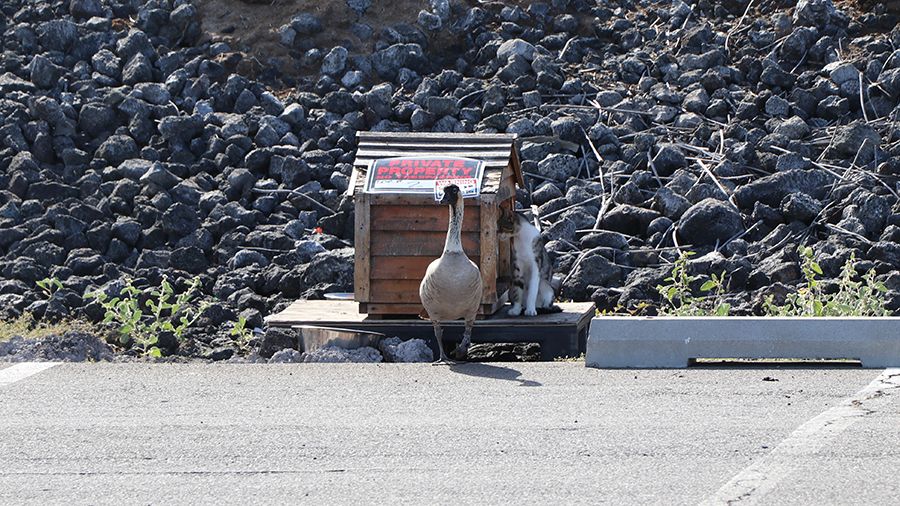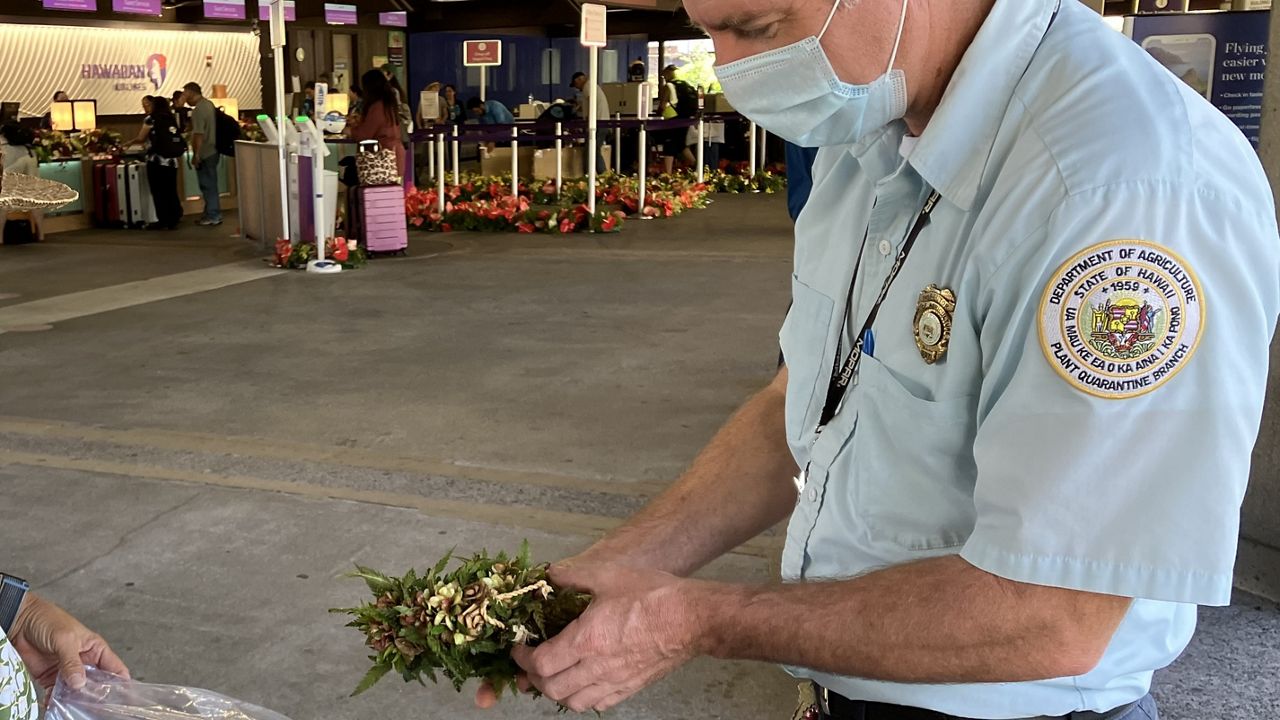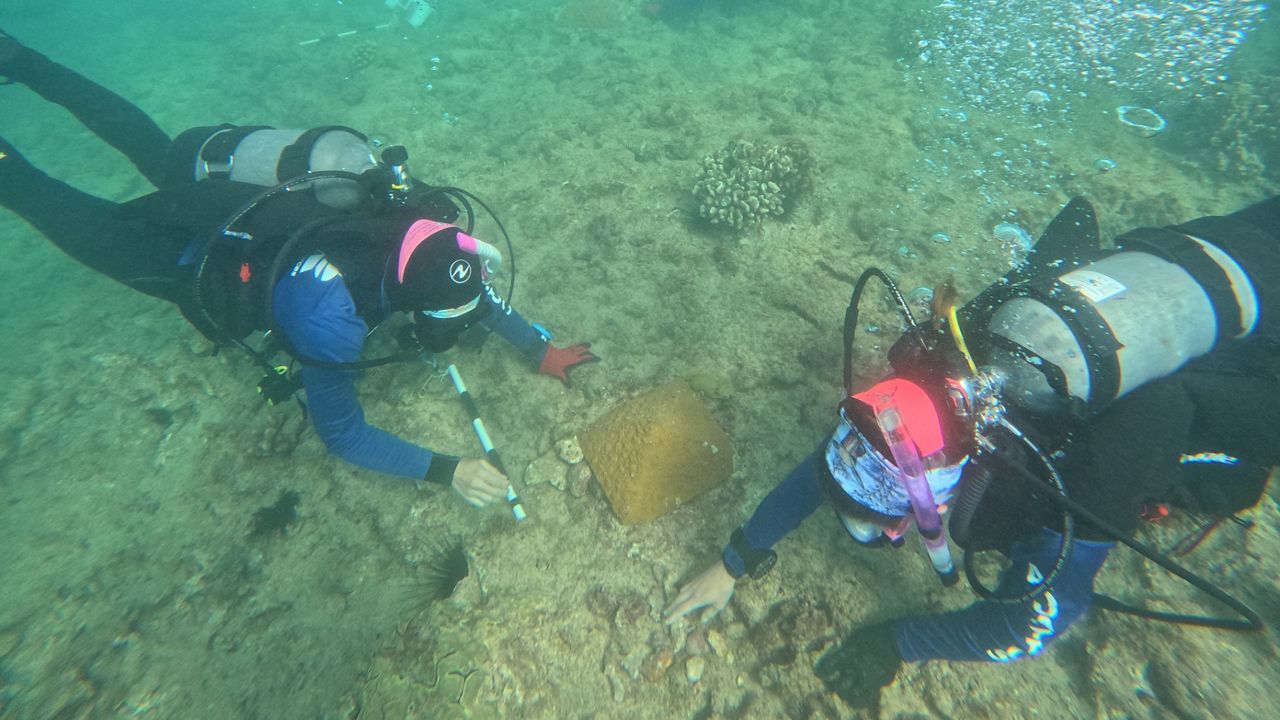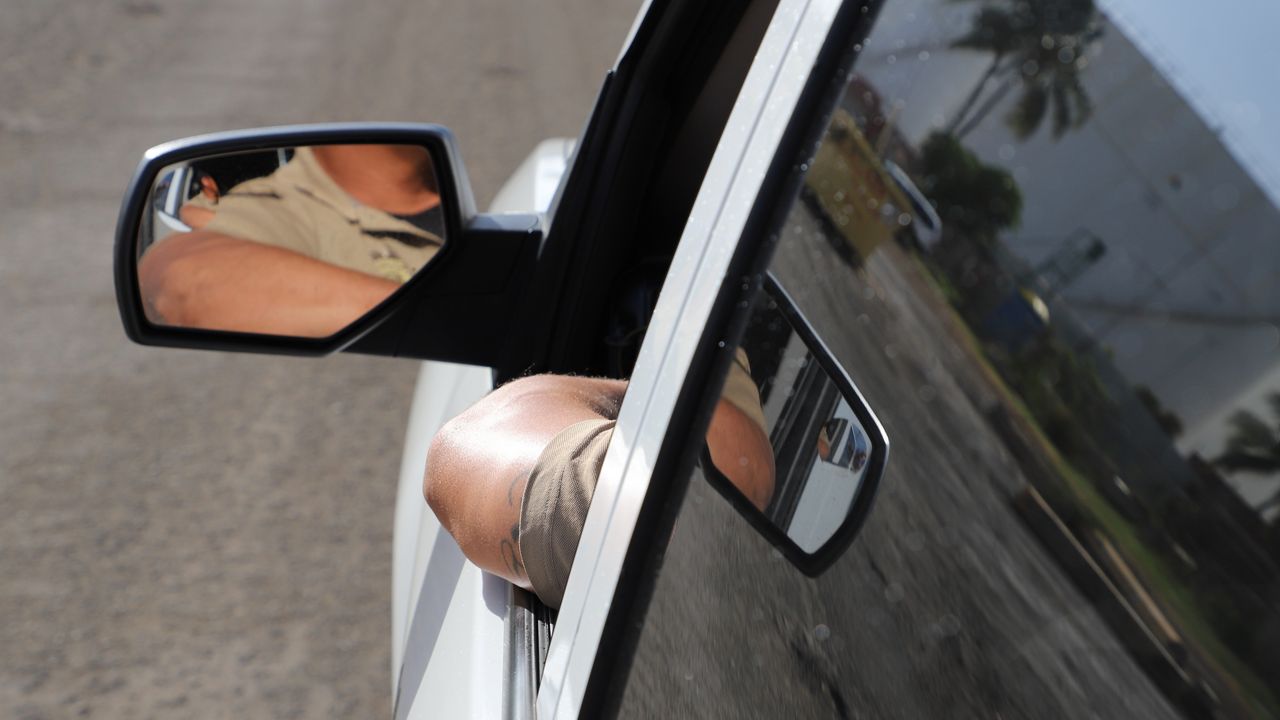WAIKOLOA, Hawaii — The Department of Land and Natural Resources last week directed Queens’ Marketplace to remove cat-feeding stations in the center’s back parking lot. The marketplace did not install the feeding stations but has agreed to remove them after complaints surfaced about the negative impact they are having on Hawaii’s endangered state bird, the nene, according to a DLNR news release.
Originally placed to feed the area’s feral cat population, the stations have attracted nene that have been eating cat food from the dishes and getting into close contact with the cats. The stations will be returned to the nonprofit organization that has been feeding the cat population throughout the Waikoloa Beach Resort community.
A letter sent Tuesday from DLNR Chair Dawn Chang to Alexander & Baldwin, the owner of the Queens’ Marketplace, noted, “The endangered nene have been observed consuming the cat food and regularly spending time among the feral cat colony which has resulted in harm to nene.”
The letter also cited potential impacts to the nene:
- Cat food is not a natural diet for the nene.
- The cat food is affecting the nene’s natural behavior, bringing them into close contact with people and roads, further exposing them to dangers from vehicles, dogs, feral cats and mongoose.
- Feeding habituates nene to humans, causing them to separate from their natural environment and relying on feeding stations.
- Cats are known carriers of the infection toxoplasmosis, a leading cause of death for nene.
Chang’s letter also noted, “While we recognize that some members of the community feel a strong attachment to feral cats, DLNR’s mission and mandate is to protect and preserve these endangered and endemic species.”
Both the DLNR Division of Forestry and Wildlife and DLNR Division of Conservation and Resources Enforcement have confirmed the feeding of nene. The U.S. Fish and Wildlife Service was consulted and considers the feeding an “illegal take,” according to the release.
A&B could face penalties for illegal take of a protected species if it doesn’t comply with the DLNR directive to remove the cat-feeding stations.

“We appreciate A&B’s cooperation and prompt attention to this situation,” said Chang. “We hope the people of Hawaii will help by keeping all cats inside, adopting if they provide safe indoor homes, and not putting food outside that our native wildlife might eat.”
DOFAW Wildlife Biologist Raymond McGuire has been dealing with the issue. “Everybody who gets into wildlife work loves animals,” he said. “We’re not anti-cat, but when we see a concern with our endangered wildlife, we need to address it. Nene are very special, not just to our islands, not just to the state, but to the people. We are lovers of all animals but have a responsibility to protect our native species first and foremost.”
A&B has informed the DLNR that it intends to meet the deadline of April 25 to remove the feeding stations.
DLNR suggests capturing feral cats and removing them from the landscape, since they pose a threat to nene and other wildlife through predation and spreading toxoplasmosis.
DLNR urges people to keep pet cats indoors and avoid feeding feral cats, and supports the practice of “Trap, Neuter, Adopt” to transition feral cats into indoor care when possible.
Sarah Yamanaka covers events, environmental and community news for Spectrum News Hawaii. She can be reached at sarah.yamanaka@charter.com.









